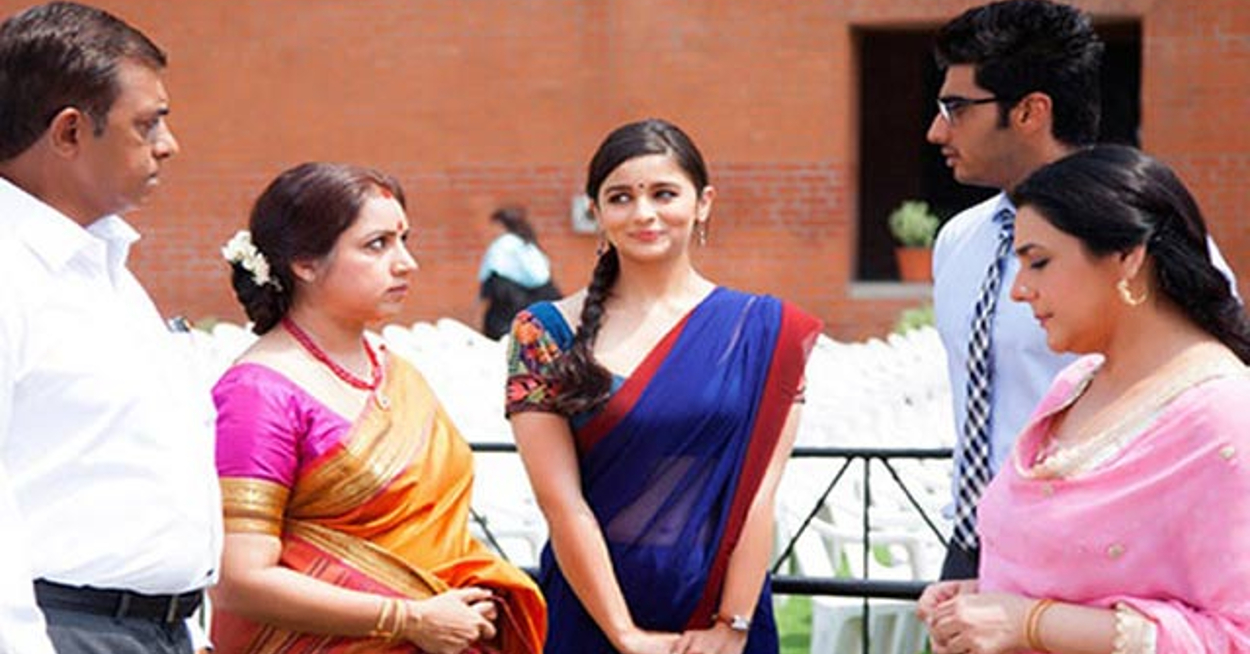When you stop expecting people to be perfect, you can like them for who they are. – Donald Miller
Expectations are dangerous when they are both too high and unformed. – Lionel Shriver
A casual glance at any newspaper on a given day will highlight several instances of married couples initiating divorce proceedings just after a few years into married life. Even those who got into wedlock after many years of being in love and in courtship are no exceptions. So, what could be the reason for such a situation to arise?
While there may be several valid reasons for such a decision being taken, one of the most seemingly common reasons is what everyone believes to be expectation mismatch i.e., unable to find the partner matching up, leave alone exceeding the expectations of the partner.
But is this such an important factor that one decides to end their relationship? The answer to this can be found in some known research works. The longer a couple stays in marriage, there is this general tendency to take each other for granted and when this does not sustain, conflicts arise within the family.
Let us now see a few real life examples.
A homemaker who spends her life, caring for her spouse and children for the most part of the week may have a genuine expectation to spend the weekend with the spouse, eating out or going out for a film. Her spouse on the other hand who spends the weekends commuting to the office, spending a harrowing time in the maddening traffic will be eagerly looking forward to spending the weekend in the comfort of the home, just trying to relax and chill out.
Let us look at another example – here is a couple, the wife is a teacher in a reputed school and the husband is a bank employee. The wife’s work responsibilities go beyond the stipulated working hours and extend most times into weekends, preparing for the next week’s classes, conceptualizing the question papers, correcting the mark sheets etc. In this case, the husband’s expectations that his wife should dedicate more time for him or his family may not be met.
As you would have seen, the above examples are not fictitious but those are ones that everyone gets to see in our society.
So, in both these cases, was anyone at fault in having those expectations? It is not wrong to have expectations. The only caveat is that those expectations need to be realistic and should have an element of sensitivity.
In the first example, it is unrealistic to have an outing every weekend.
Having said this, the husband who is out of home for almost 6 days a week should be sensitive to the wife’s implicit expectations for having some time out with him and try and make time for it, if not every weekend. Similarly, the wife should be sensitive to the fact that the husband may genuinely want to have some rest from the hustles and bustles of everyday life and may not want to push him all the time to meet with her implicit expectation.
In the second example, the husband who has a regular work-time job needs to be sensitive to the demands of his wife’s job responsibilities and if possible, try and help her in whatever way he could do. Similarly, the wife may have to be sensitive to the husband’s expectation and plan her work accordingly and if required, seek help from him.
Thus, what we gather here is that expectations are not wrong as long as they are realistic and are sensitive to the spouse’s situation.
To conclude, when you get a question in your mind if you are expecting too much from your spouse, ask yourself if you are being realistic and sensitive to the situation.




